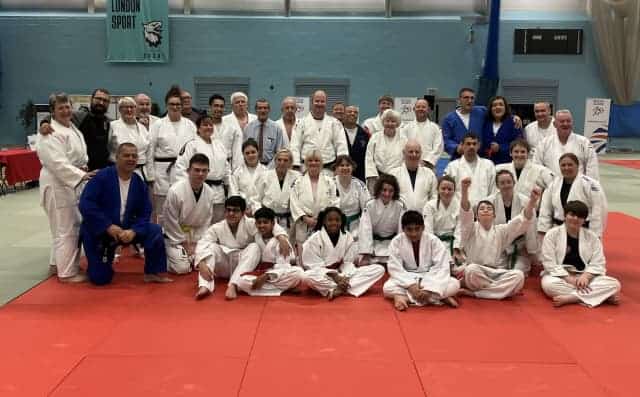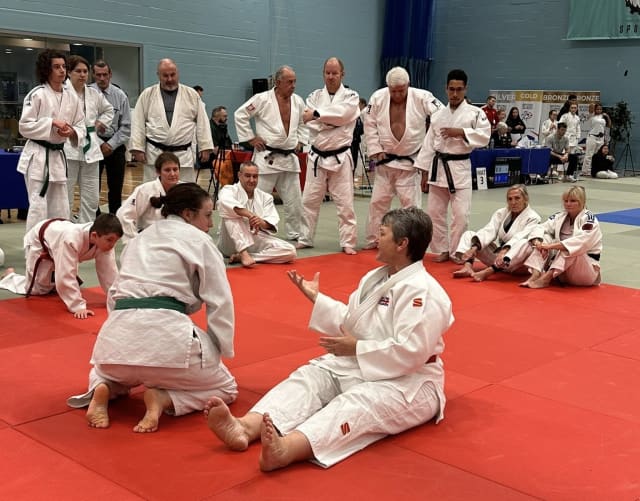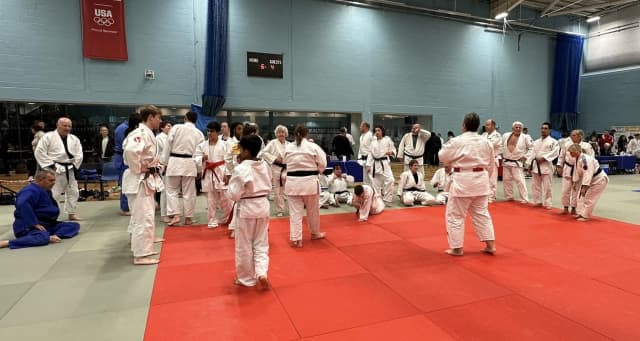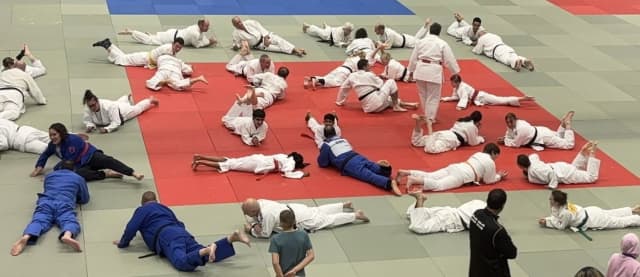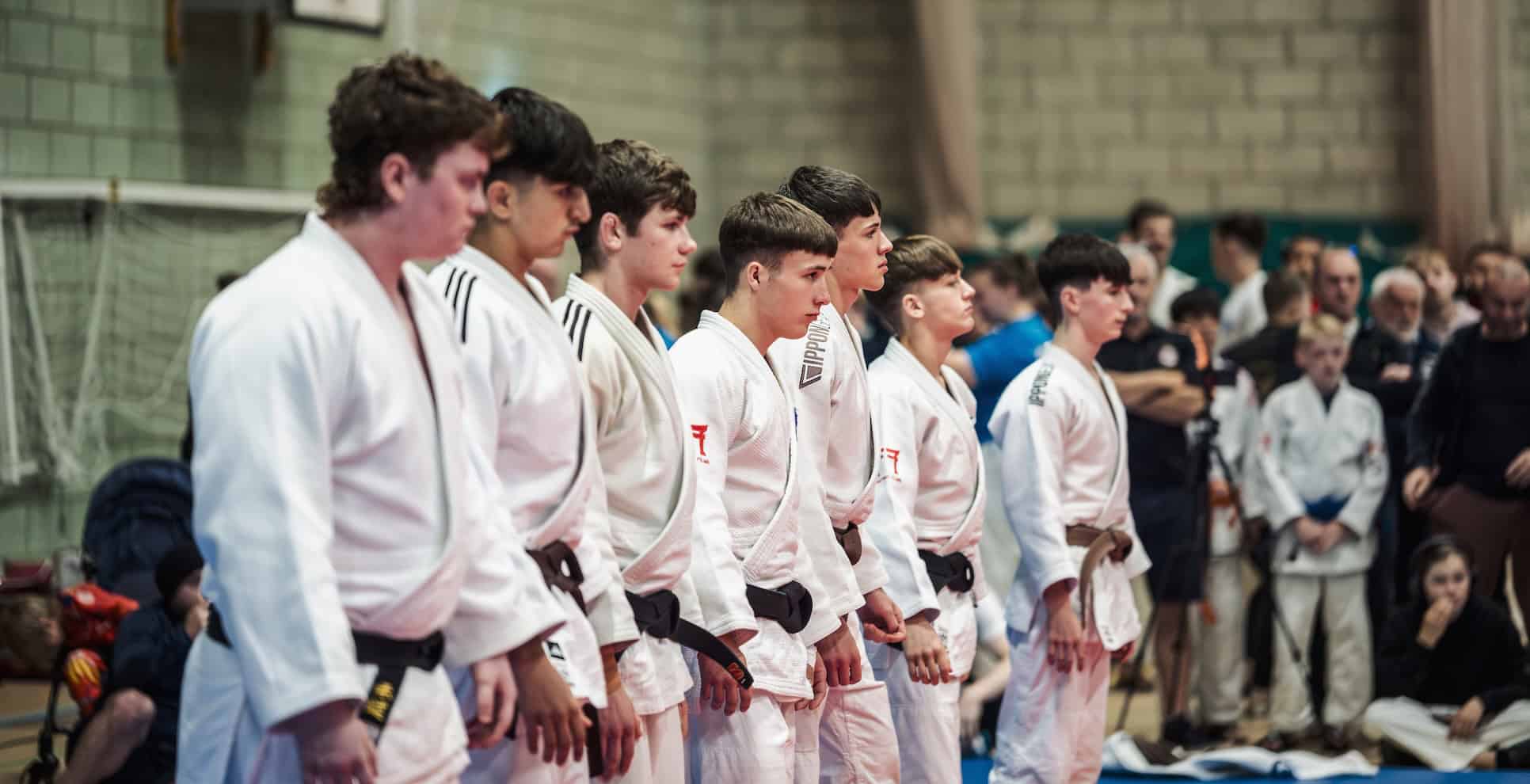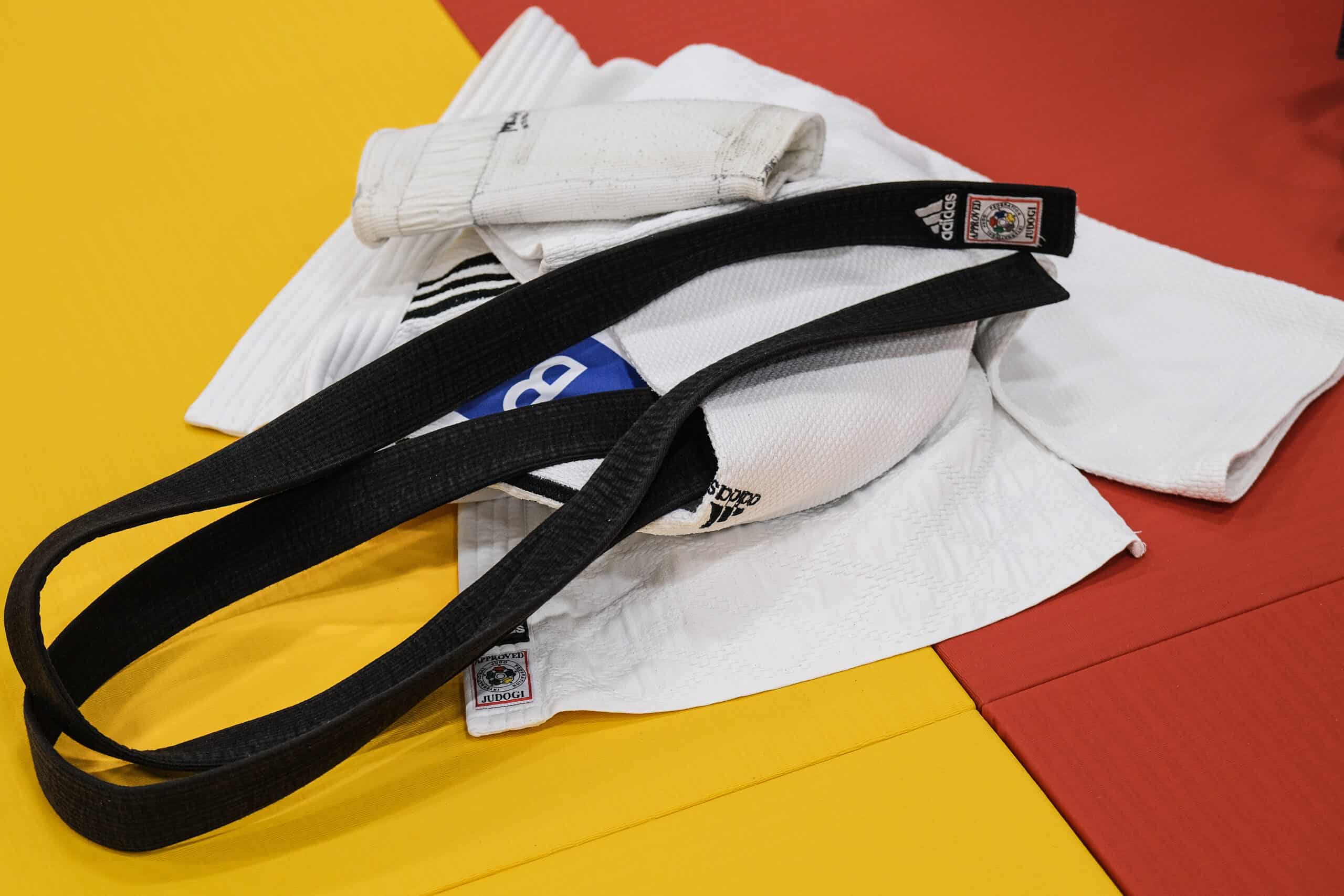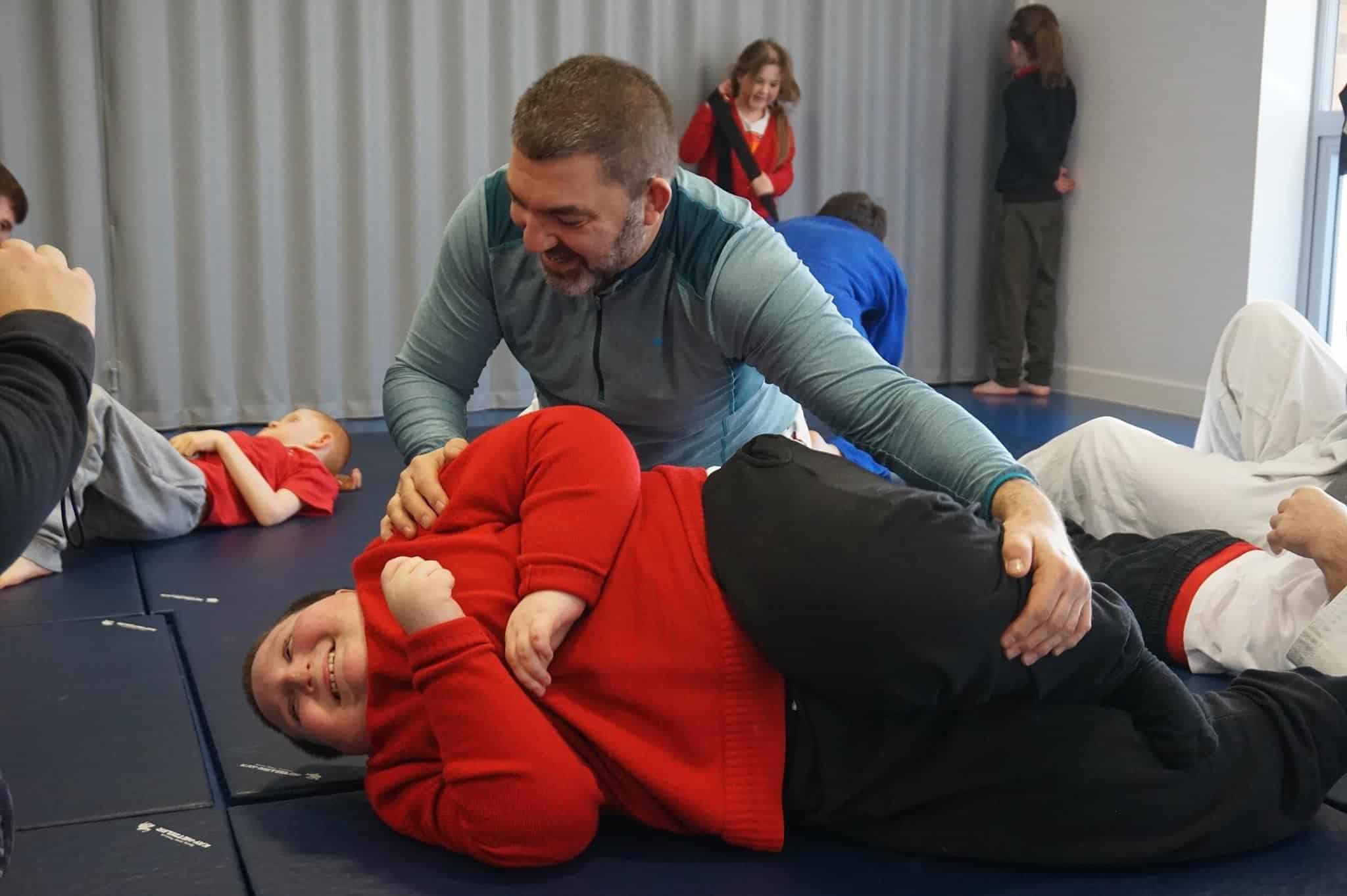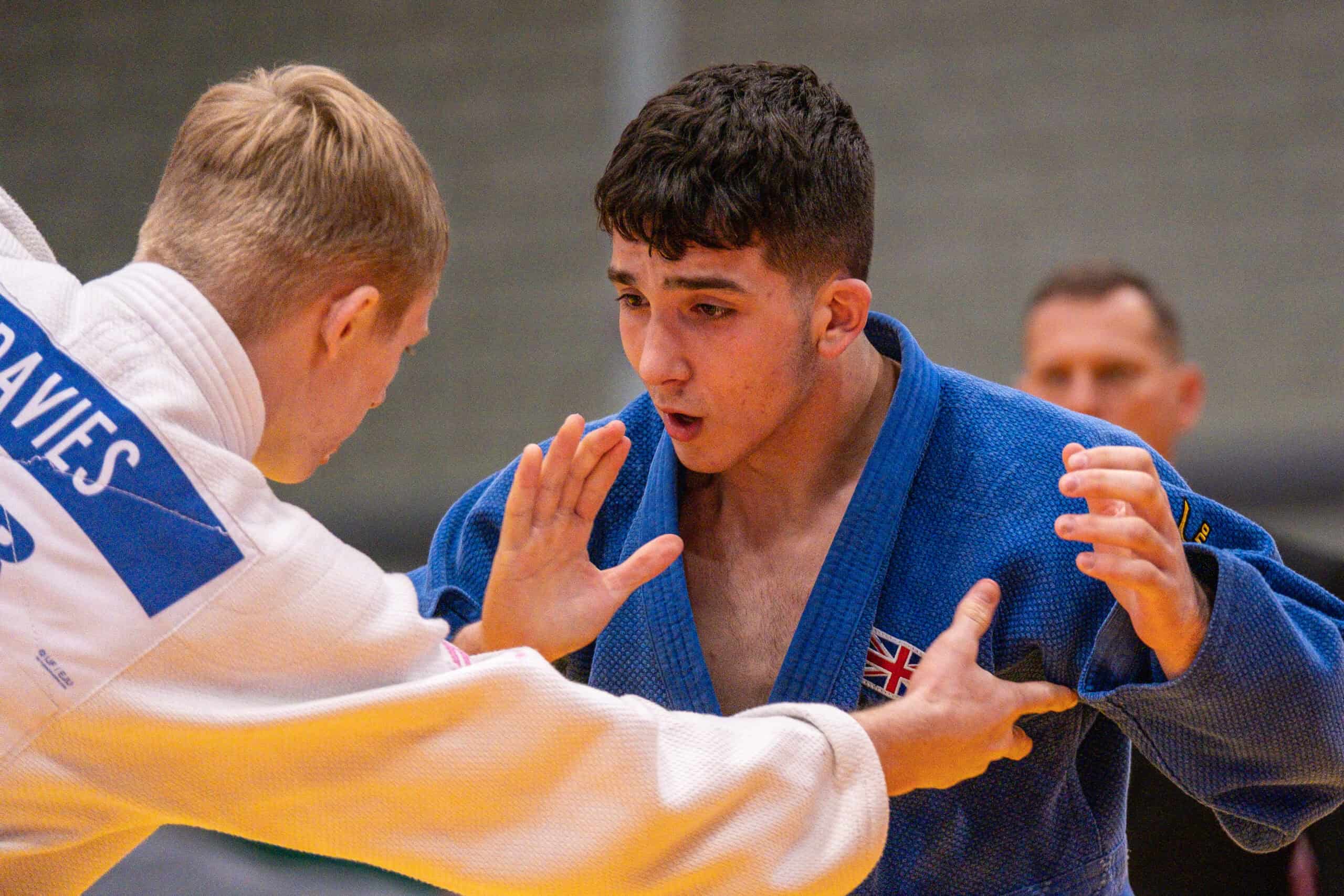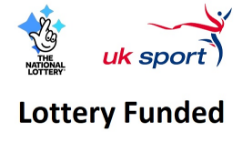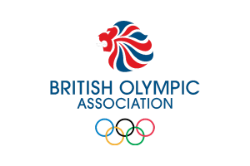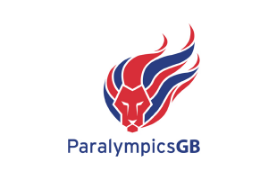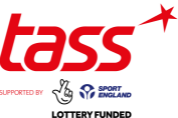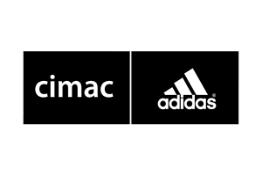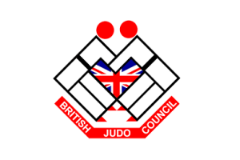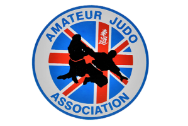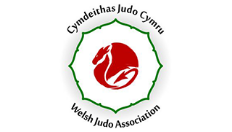Words provided by Jo Crowley (IJF)
The last week has been incredibly busy and not just because of the World Championships Veterans and Kata in Las Vegas. The Asian Open in Hong Kong, the Rome European Open and the Gyor European Cadet Cup were also all being watched avidly by judo fans all over the world, through the JudoTV platform. IJF and continental levels were not the only levels in play though.
In London, a new event on the British calendar was in play: the London Adaptive and VI Open, an inclusive event encouraging visually impaired and adaptive judoka to compete and develop. In order to prepare for this new challenge, London Area officials delivered a coach education seminar the day before, during which officials, coaches, referees and other interested parties were able to gain some insight into the challenges faced by adaptive athletes.
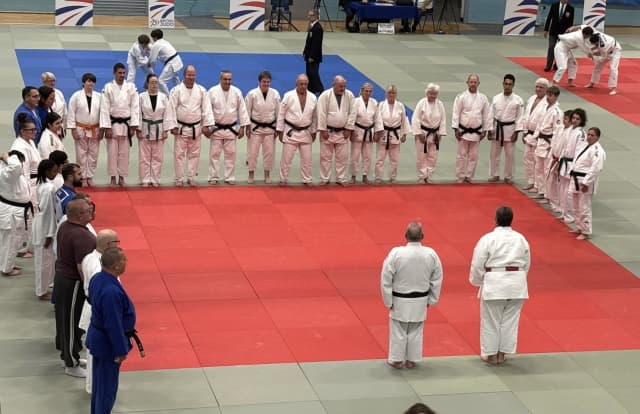
Coach education seminar: ‘Adaptive Judo’
Su Webster, a judo coach from Freshwater Judo Club on the Isle of Wight, travelled a long way to attend the seminar and then stayed in London to support the London Adaptive Open, having one of her students registered to compete. Su said, “This new coach education event has given coaches an insight into how we can improve our coaching skills for adaptive players. This kind of work makes clubs more inclusive and also enables people to make connections with other coaches who work with adaptive players.
The course offered so many ideas on how to approach the grading process and access a competition pathway with adaptive judoka, within environments that we can manage accordingly.”
Kerry Tansey is the British Judo Association’s Adaptive Lead and she delivered the seminar, “I’ve always had a passion for adaptive judo, a truly inclusive arm of our sport. This course and all the other activities around the country provide opportunities for people who can often be marginalised in sport, but we are proving there’s a place for everyone in judo.”
One special feature of the seminar was the presence of a dozen young adaptive judoka who took part in the coaching education programme fully, helping the coaches understand what they need, how they feel and what challenges they face.
Kerry continued, “Having the children here illustrated the concepts and behaviours in person. Some of the children have only done judo for a few weeks but they’re catered for in their new clubs and courses like this mean they are likely to stay on the sport long term, working with coaches who really have the skills and knowledge needed to ensure inclusion is a high priority.”
Many of the children who helped deliver this seminar were encouraged to join in with the competition the following day and did so with an open mind.
“They were the centre of this course. They love to take part and enjoy the satisfaction that comes from ‘getting things right.’ They engaged fully for the whole 2 and half hours. We encourage the coaches to engage with them and in that way everyone can learn. Technical and social education are all part of our sport.”
British Judo’s London Area Chair, Peter Blewett said, “We are very proud that London is at the forefront of embracing diversity in innovative ways for the benefit of all our judoka. It reflects the diversity we have in London and our local organising committee have really shown that their commitment is unparalleled. That’s why this works.”
Following the education course, new contacts have come forward to offer facilities to be used for further events for the adaptive cohort. It’s a great bonus that was unforeseen but it bodes well for the future of adaptive judo in Great Britain.
The day after the course, the London Adaptive Open went ahead without a hitch and more than 70 adaptive judoka took part, not just from London clubs, some travelled from as far away as Scotland and so next year the event will welcome international teams, bolstered by the success of the first edition.
Watch out for further news from British Judo by checking out our latest news section. You can also catch up via our official social media platforms, Facebook, Twitter and Instagram.
